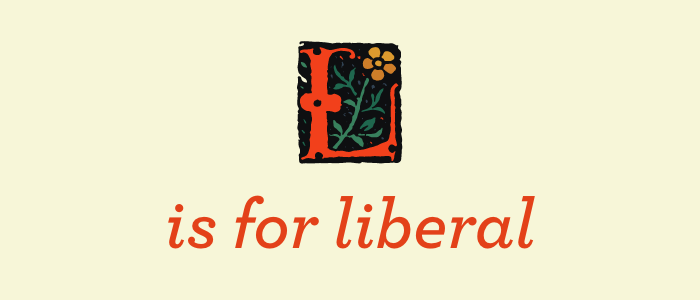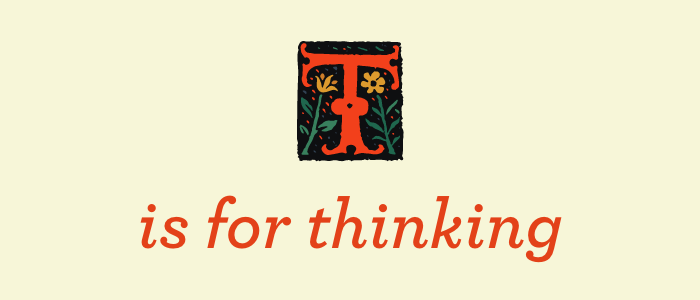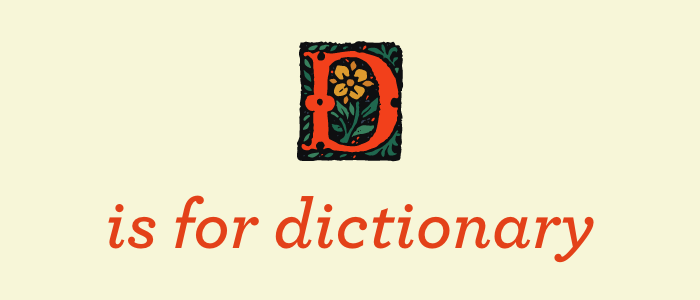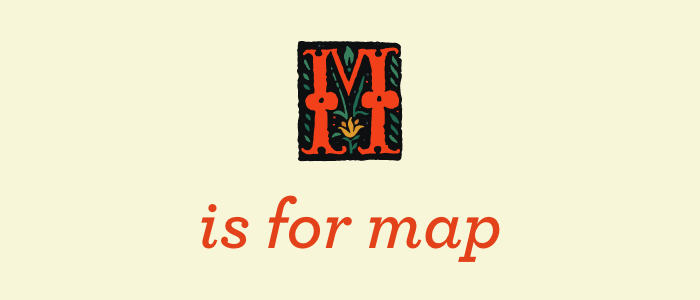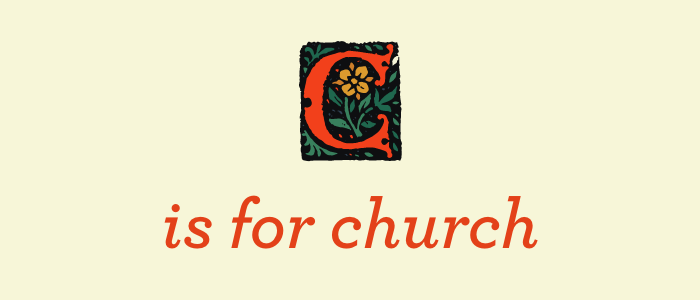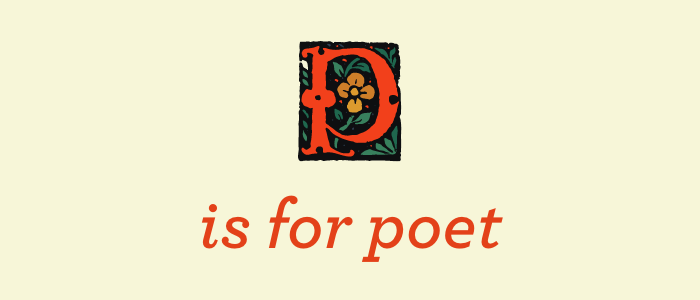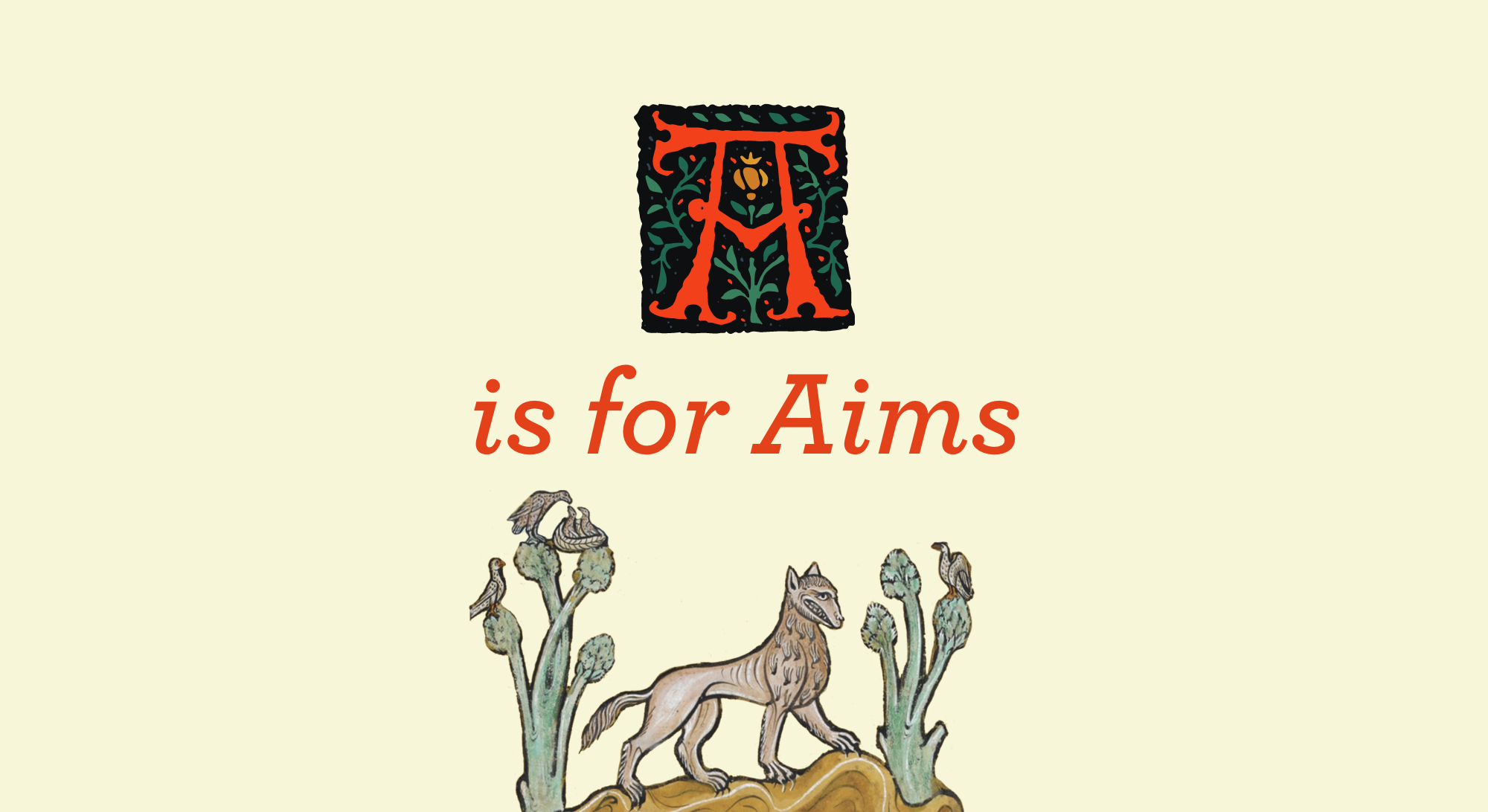
(The Rochester Bestiary/British Library)/Wikimedia Commons/Public Domain; all lettering iStock.com/kaer_istock)
For more than 50 years, distinguished professors have offered answers to this question.
“We complain about the indifference or lack of intelligence of American voters and are discouraged by the blind and unreasoning ways in which elections are managed and national policies formulated. We bemoan the low state of our national culture as revealed in the movies, the radio, and the comic book. And we are alarmed by the evidence of our scientific illiteracy as exposed in the success of various pseudo-scientific quackeries.”
Such was our nation’s predicament in 1950, according to Clarence H. Faust, former dean of the College. The solution, he claimed: “higher general education.”
But what form should this education take? And what, exactly, are students trying to achieve?
Every year since 1962, a distinguished faculty member has been invited to examine these questions in the Aims of Education address, given to incoming first-years during O-Week. Faculty members are given little guidance beyond the required title (although some of them, in their talks, have taken issue even with the title). Here is a small sampling of some great professors’ thinking—contradictory, controversial, occasionally scatological, always individual—lightly edited for clarity and style.—Carrie Golus, AB’91, AM’93
Wayne C. Booth, AM’47, PhD’50 (1921–2005)
George M. Pullman Distinguished Service Professor of English Language and Literature, Committee on the Analysis of Ideas and Methods, and the College
1970: Delivered to the Class of 1974
Liberal education was originally called liberal because it was supposed to liberate men to apply their minds, their critical thoughts to the most important decisions of their lives: how to act, who or what to love, what to call good or true or beautiful.
Without knowledge we may have the illusion of free choice; we may embrace political programs and schools of art and worldviews with as much passion as if we had knowledge, but our seeming choices are really what other men have imposed upon us.
The chief threat to our intellectual freedom is not illiteracy, or censorship committees, or boards of trustees firing radical professors, or the heckling and shouting down of speakers without caring about what they have to say; though all of these are bad, they are openly bad, as it were, and few of us are fooled into thinking that they are good. More threatening to you and me is the subtler mental violence that occurs when men who think they are listening with an open mind actually wrench complicated or new or unacceptable messages into simpler ready-made categories of old ideas. The person who reacts passionately for or against what was not actually said or written is a slave to his own ignorance, no matter how gloriously free and spontaneous and righteous he feels as he reacts. Yet the shameful fact is that most of us most of the time reduce other men’s meanings to nonsense that we can reject. After all, if it’s shit already, I don’t have to try to digest it.

James M. Redfield, LAB’50, AB’54, PhD’61
Edward Olson Distinguished Service Professor of Classics and Professor in the Committee of Social Thought
1974: Delivered to the Class of 1978
The aims of education are the aims of life; education is simply the general term we use for the process by which we become wiser than we were.
People get educated in all kinds of places—in schools, in the army, in prison, in caves in the desert, on the job, on the road, underground, and in the corridors of power. It has been said that the presidency of the United States is a great educational institution—and I guess we have learned that here, as elsewhere, some are nearly ineducable. Athletic training is a kind of education, and so is psychoanalysis.
Education is in contrast to life. A sign of this is the link between education and failure. When we have been involved in some total disaster—when nothing has gone as planned and it is obvious that nothing more can be accomplished—we tend to sit back and say, mournfully, “Well, we learned a lot.” We don’t say “we learned a lot” when things work, when we succeed. Failure challenges us, it makes us think—whereas success reassures us that we have thought enough.
A pre-condition of education is not only confusion but also hypocrisy. I can give an example from my own experience. When I was in college here many people I knew were musicians or music-lovers. Every Friday afternoon we would go down to Orchestra Hall; we attended all the concerts in the University series. I had no understanding of this music; it bored and confused me. But everyone else seemed to understand and like it, so I pretended to understand and like it too. And then, very gradually, the music began to come through the mist. I first began to know what I liked, and finally I actually came to know something about music. I am still no great musician, but this music has become an irreplaceable part of my life.
Leon R. Kass, LAB’54, SB’58, MD’62
Addie Clark Harding Professor of Social Thought and in the College
1981: Delivered to the Class of 1985
Liberal education is education in and for thoughtfulness. It awakens, encourages, and renders habitual thoughtful reflection about weighty human concerns, in quest of what is simply true and good.
Thinking—all thinking—seeks to liberate us from a slavish adherence to unexamined opinion and an unreasonable trust in our own perceptions and experiences.
The habit of thoughtfulness is good, even urgent, for our common life as citizens of the American Republic. Our situation late in the twentieth century finds our effort at self-government, not to say survival, increasingly dominated by technical matters requiring the advice and competence of experts—about, among other things, the economy, defense, energy, health, transportation, communication, and pollution. We steadily are acquiring ever more powerful technologies, including those which increasingly permit deliberate and sophisticated manipulations of the human body and mind.
Yet we also recognize, more than we have in some time, and perhaps due to these same dramatic new changes, that the decisions we need to make are never merely technical. They are also always ethical. The technical expert who is liberally educated to that habit of thoughtfulness is less likely to become that most dangerous fellow, a specialist without vision, who knows how to get the rockets up but who cares not where they come down.
Jonathan Z. Smith (1938–2017)
Robert O. Anderson Distinguished Service Professor of the Humanities; Professor of the Committee on the Ancient Mediterranean World, the Committee on the History of Culture, and the College
1982: Delivered to the Class of 1986
The species “liberal” of the genus “education” implies that there are other sorts of education, meant to be excluded, but which, by contrast, might help in understanding the term. Alas, in common parlance the term “liberal” has been so co-opted by sectarian politics that I would not be surprised if somewhere, someone harbors the delicious thought that “fascist learning” is the obvious antonym—but that is scarcely what is usually implied. I must confess that, at least for me, the original contrast is no less political, and in many ways more embarrassing.
Resorting again to the dictionary, that common resource of both learned speakers and authors of freshman term papers, one finds that the original contrast was between the “liberal arts” and the “servile arts,” the former being: “worthy of a freeman, pertaining to persons of superior social station, i.e., a gentleman.”
First prompted by the G.I. Bill of Rights (perhaps the greatest single force for innovation in the history of American higher education), the student body, its educational objectives and social niche has, in many institutions, radically changed. For almost all, the “gentlemen’s agreement” has been broken, although nostalgia for it remains strongly in place.
Wendy Doniger
Mircea Eliade Distinguished Service Professor of the History of Religions in the Divinity School; Professor of South Asian Languages and Civilizations, Committee on Social Thought, and the College
1985: Delivered to the Class of 1989
I believe that one of the most valuable and also one of the most delightful aims of a liberal education is to nourish in each of us, whether we be scientists or social scientists or humanists, the innate curiosity and courage to take seriously what is said by the great stories told in cultures other than our own. We often assume that our own classics provide a shared communal base for all educated members of our culture, but this assumption is unfounded: we do not know our own classics. If, however, we are willing to admit that we do not know them, we may make it possible for ourselves to possess a whole new world of classics, other peoples’ classics.
In India, many people are illiterate. But we are certainly wrong if we assume that illiteracy is an indication of cultural deprivation. The oral tradition has made it possible for millions of Indian villagers to be richly, deeply familiar with their own classics.
The myths of others may present to us truths that may indeed exist in our own culture but that we tend to ignore or undervalue or resist when we encounter them in their familiar form, prophets in their own country.
A myth is never an answer to the problems it allows us to state; it merely helps us to recognize those problems as mythic, and therefore by definition impossible to solve. Yet such a myth might still make us experience our life in a different way, going on doing the same things, but viewing them differently; traveling the same road, but with a better map.
When the chemist Kekule was searching for a model to explain the strange behavior of benzene, he dreamt of a snake biting its tail, an image that functions as a symbol of infinity or eternity in many non-Western religions; he woke up and realized that the carbon molecules in benzene formed a circle. New myths move us onto new paths where we can begin to think thoughts that not only were impossible to think within our old familiar world of ideas, but that we could not even realize we had been unable to think in that world.

Dennis J. Hutchinson
William Rainey Harper Professor in the College, Senior Lecturer in the Law School, and Master of the New Collegiate Division
1999: Delivered to the Class of 2003
Without quibbling too much over the difference between liberal arts and liberal education, let me say that their ambition is liberation, that is, at least initially, to free men and women from dogma, comfortable choices, hasty conclusions, the confusion of sincerity for cogency, and all of the other features of slack thinking. But that is only the beginning. Habits of mind are in play whether you are reading ESPN—The Magazine or St. Augustine’s Confessions. The value of the College is that you are encouraged to apply your capacities of mind to the most fundamental aspects of your life.
One final tip: if you are absolutely struck dumb during office hours with an instructor, ask, “What are you working on?” The question is the social equivalent of “What’s your evidence?” during an argument. It, too, is time-honored, reflexively respected, but, for obvious reasons, it cannot be over-used.
Robert Pippin
Evelyn Stefansson Nef Distinguished Service Professor of Social Thought, Philosophy, and the College
2000: Delivered to the Class of 2004
The Latin root, liber, means “free” (it is also the Latin noun for “book,” an odd coincidence that supports the point I am trying to make), and the very first use of the word “liberal” in English in 1375 was as an adjective in “the liberal arts” and designated “the objects of study worthy of a free person.” And that is what we are supposed to teach you: to enable you to become a freer person and this by showing you (so goes that truism) how to “think for yourself.”
Any formulation of such a liberal arts ideal (the view that a certain sort of learning and knowledge might enable one to lead a freer life, even if a learning and knowledge not directly connected with practical results or technical power) is an ideal often formulated in response to and as a defense against a perceived threat or attack (such as that pursuit of such an ideal is a waste of time). The very beginning of this series of lectures at the University of Chicago was understood as a “response” to such a “threat” when the then Dean of the College, Alan Simpson, wrote to the Ford Foundation in 1961 requesting funds for a lecture series on the aims of education because, he claimed, the ideal of a liberal education was “under pressure everywhere.” Many of the talks presented in this series have that same tone, responding to various intellectual, economic, professional, and practical “attacks” on the attempt to achieve this liberality of mind through reading books and learning science.
There are lots and lots of reasons for this frequent siege mentality and “man the barricades” rhetoric. For one thing, suspicion of the humanistic university ideal might go very deep in the modern world we live in. The university, after all, is like the Roman Catholic Church or the military. Together with these, it was one of the very, very few pre-modern or feudal institutions to make it through the wrenching process of European modernization and to survive in some recognizable form into the modern world.

Andrew Abbott, AM’75, PhD’82
Gustavus F. and Ann M. Swift Distinguished Service Professor in the Department of Sociology and the College
2002: Delivered to the Class of 2006
A full-length, formal talk on a set topic is a rather nineteenth-century kind of thing to do. Even at the University of Chicago, this is the only such oration you will get.
There is no instrumental reason to get an education, to study in your courses, or to pick a concentration and lose yourself in it. It won’t get you anything you won’t get anyway or get some other way. So forget everything you ever thought about all these instrumental reasons for getting an education.
The reason for getting an education here—or anywhere else—is that it is better to be educated than not to be. It is better in and of itself. Not because it gets you something. Not because it is a means to some other end. It is better because it is better. Note that this statement implies that the phrase “aims of education” is nonsensical; education is not a thing of which aims can be predicated. It has no aim other than itself.
For education is an invisible creativity that radiates from within. It is not something you have. It is something you are.

Tanya Marie Luhrmann
Max Palevsky Professor of Comparative Human Development (2000–07)
2003: Delivered to the Class of 2007
A liberal arts education, if you use it wisely, teaches you how to make choices because it shows you how other people have chosen. Most people sit in the mud-puddle of their own fretful fears, peering out at the world through protective goggles. We all live in what the psychiatrist Jerome Frank called “assumptive worlds,” sets of assumptions we make about the world that seem so natural, so commonsensical, that their very existence as assumptions fades until they become as real as concrete.
As the old saying has it, fish can’t tell you much about the water. They don’t know it’s there. But the courses you take here can give you the tools to clamber out of the puddle, or at least to see the water, if you treat the authors you read as people like yourselves, struggling to make sense of the world, desperately trying to figure out what kinds of moral and intellectual commitments are worth making, what kind of life is worth living. Nearly everyone you read in the Core was once an anxious eighteen-year-old.
At the heart of a liberal education stands the oldest human paradox: that the more deeply and intimately you understand other human beings—the more you understand their unique predicaments and their idiosyncratic pain—the more clearly you will see yourselves. If you would follow the inscription at Delphi—to know thyself—know others first.
Andreas Glaeser
Professor in the Department of Sociology and the College
2005: Delivered to the Class of 2009
You have all come here to get what is called “an education.” Taken seriously, education is self-transformation. If you are serious, you have come here to become—to become something, or better, to become someone. If this is so, then how about becoming a poet?
It is an invitation to all of you! For I believe there are poets in every human pursuit—in every profession, including law, medicine, and business. And I don’t mean physicians or lawyers or businesswomen who write poetry on the side. I mean people who are poets as surgeons, as judges, as managers.
Poetry was arguably the first human practice of making or remaking symbols in a self-conscious fashion, that is, in a way which is cognizant of the process of making itself. In fact, in ancient Greek the verb poiein means “to make or create.” Seen in this way, poetry can be understood as the art of making meaning, the art of charging worn symbols with new meanings, or the art of inventing new symbolizations which again give us orientation in the world. Let us call the practitioners of this art “poets.” Would it not be marvelous if you could learn to be a poet?
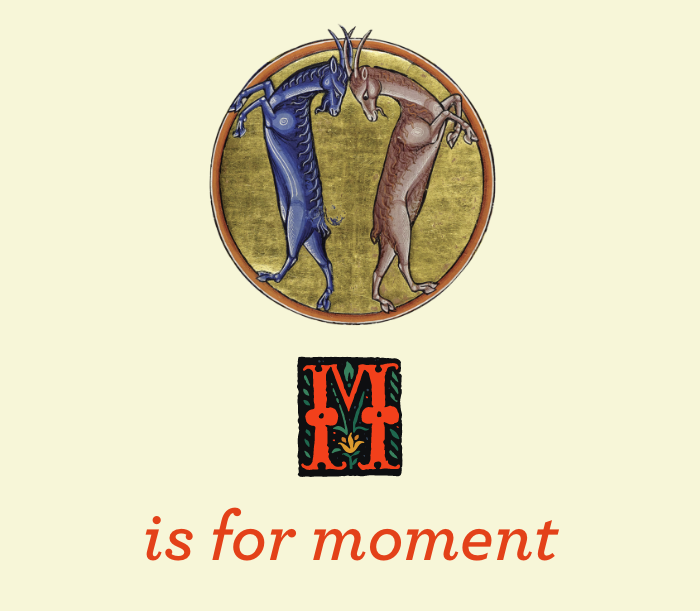
Jonathan Lear
John U. Nef Distinguished Service Professor in the Committee on Social Thought, the Department of Philosophy, and the College
2009: Delivered to the Class of 2013
It is actually easy to say what does make this University great: conversation. In this community we not only have some of the best minds in the world—leading experts in virtually every field of inquiry— but we also value talking things out with each other.
Enduring conversations about how things are—and how they might be—are as vulnerable as they are precious. I have seen universities where there are great minds but no conversation. This seems to me a living form of death, a university only in name.
Even worse, I have witnessed conversations where there is pressure to conform to a particular point of view, as though right thinking requires agreement with current fashion. In thenot-too-distant future, you will be sitting in a classroom, or on a student committee; you will hear the group coming to a consensus that you think is mistaken, and you will feel internal pressure to keep quiet. It is natural that you should feel this; the question is how you will act on it. Be warned: it is from such seemingly small moments that cowards are born.
Jonthan Lear (1948–2025) died shortly after we went to press for this issue.

